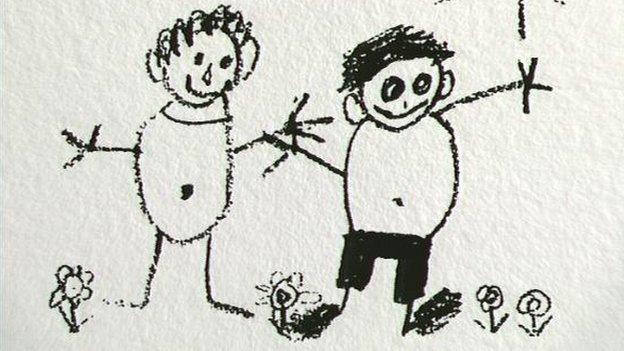Leading adoption charity collapses in financial crisis
- Published
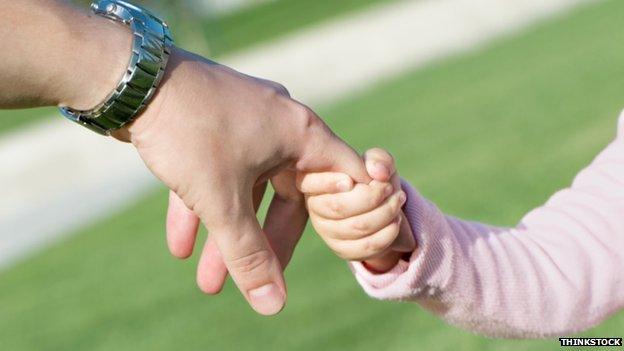
The closure of the British Association for Adoption and Fostering was 'an independent voice' on adoption policy
A leading adoption charity has collapsed suddenly, after facing "a perfect storm of adverse conditions".
The British Association for Adoption and Fostering (BAAF) closed last week and is being run by administrators.
Much of its work in England will go to the Coram Group, external and in Scotland to St Andrew's Children's Society, external.
The British Association of Social Workers, external called the collapse "surprising.... given the extra cash pumped by government into adoption".
In a statement, external BAAF chief executive Caroline Selkirk said "significant changes and prevailing economic conditions" meant it had "sadly not been possible to sustain the organisation".
Tremendous reputation
Matt Dunham of Smith & Williamson administrators said 55 of the charity's 134 staff had been transferred to Coram, another 29 would be kept on "to ensure smooth running" of offices in Scotland, Northern Ireland and Wales - but 50 would be made redundant.
"BAAF has a tremendous reputation within the adoption and fostering world, but has been affected by a perfect storm of adverse issues," said Mr Dunham.
"Our priority is to ensure continuity of service and support to protect the needs of children and their families."
A new organisation, CoramBAAF Adoption and Fostering Academy will continue BAAF's work in adoption policy research, professional advice and development as well as taking over the running of National Adoption Week and Adoption Activity Days when would-be adoptive parents meet children who have been put forward for adoption.
BAAF's role in running the National Adoption Register for England, external will be taken on by the First4Adoption, external information service - which is jointly run by Coram and Adoption UK, external.
"BAAF is one of several charitable collapses recently and that is grounds for concern in itself," said Maggie Mellon, British Association of Social Workers Vice Chair.
"With so much more government funding being attached to increasing the numbers of children being adopted, it is surprising that BAAF was not sustainable."
Ms Mellon suggested BAAF, a leading provider of training and consultancy services on adoption to local authorities, may have seen its income fall as local authorities slashed spending in this area in the face of public sector cuts.
She warned of a potential conflict of interest in BAAF's amalgamation with a large adoption agency like Coram Group.
BAAF's independent expertise on adoption had been "very necessary" in the face of government policy promoting adoption over efforts to prevent family breakdown or placing children with birth relatives such as grandparents, she said.
"BAAF also did not forget that birth parents' and families' needs have to be recognised and met. We hope this integrity will not be lost in the formation of the new organisation."
Coram's chief executive Dr Carol Homden, said the new organisation would be "a sustainable way forward which enables the expertise of two organisations renowned for their work with looked-after children to be shared, to create better chances for children".
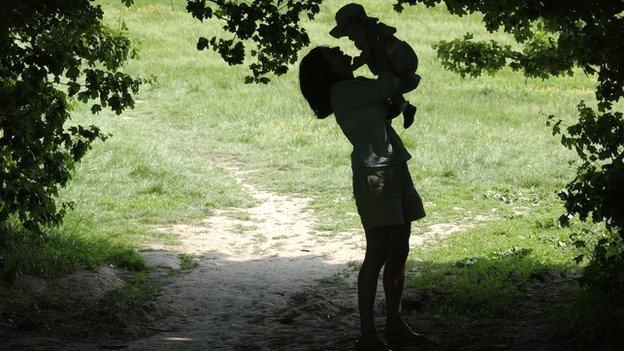
BAAF's annual report, external shows it had an income of £8.7m in the year to March 2014, including government grants of just over £1m, but had a total expenditure of some £8.95m.
In 2013 the charity's income was slightly higher at just under £9m and its expenditure lower, at £7.9m.
The same document also shows a trebling of BAAF's net liabilities, including pensions from £730,978 in 2013 to £2.3m a year later.
Expenditure rose particularly sharply on child placement and fostering, from just under £2.7m to just over £3.4m - a rise of more than £700,000.
The accounts also show the charity received £35,000 in donations last year, compared with nearly £647,000 the year before,
- Published23 May 2015
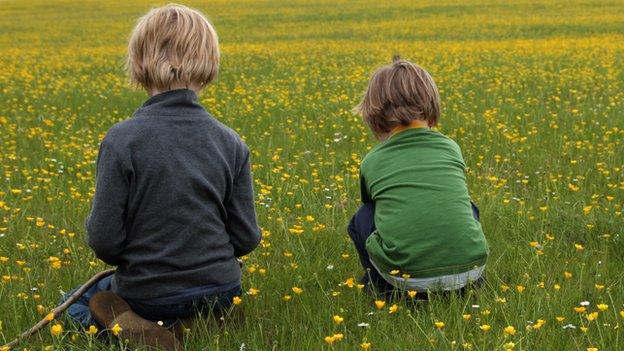
- Published22 May 2015
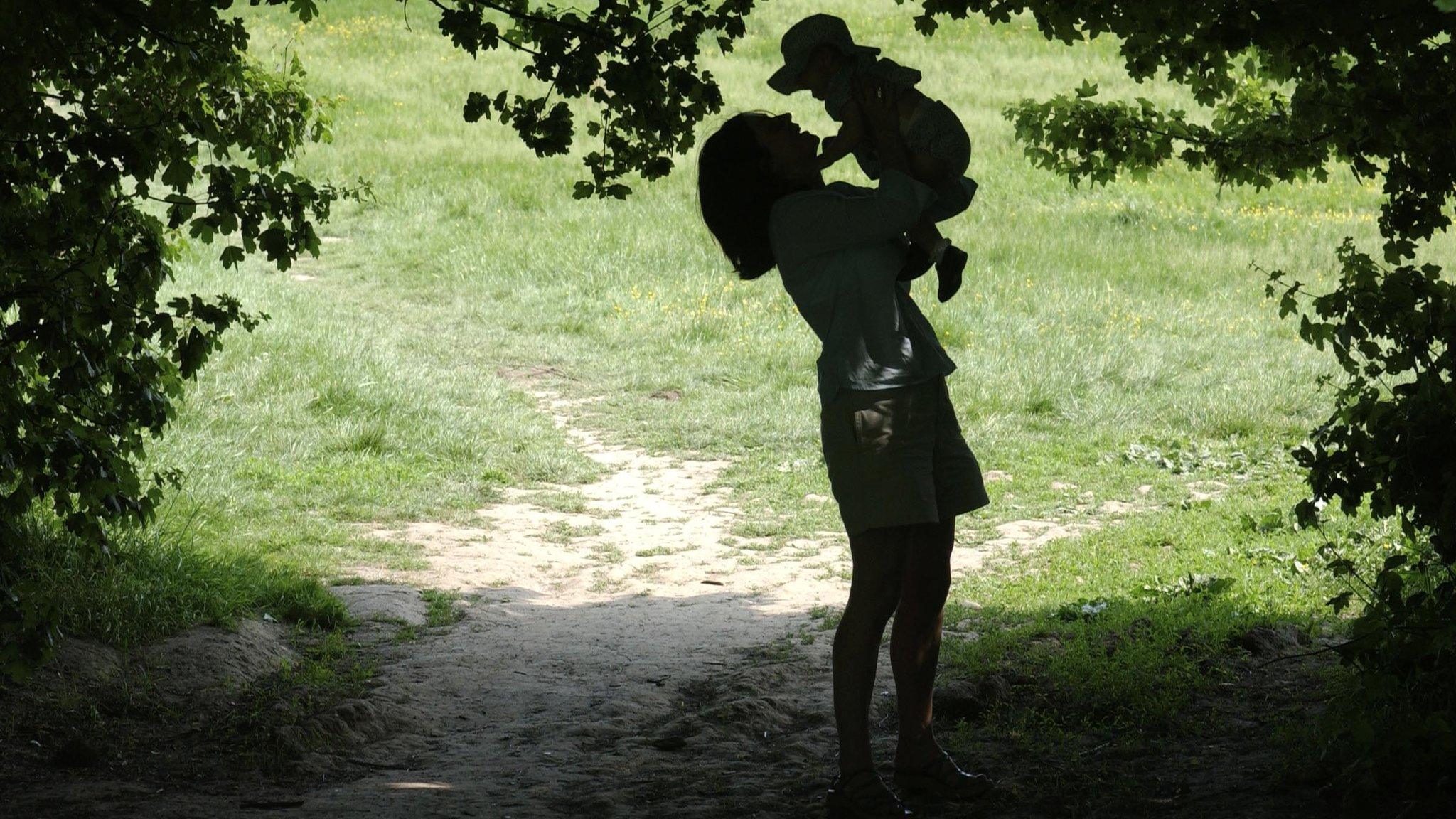
- Published11 November 2014
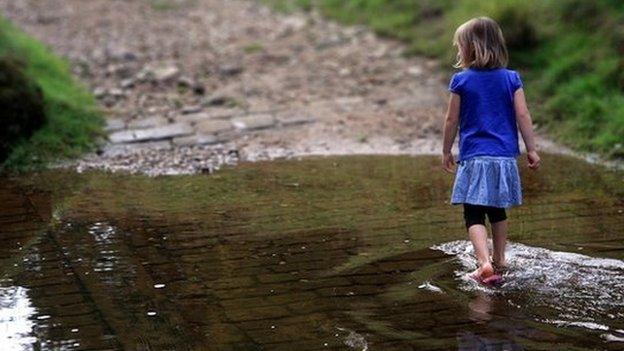
- Published1 October 2014
